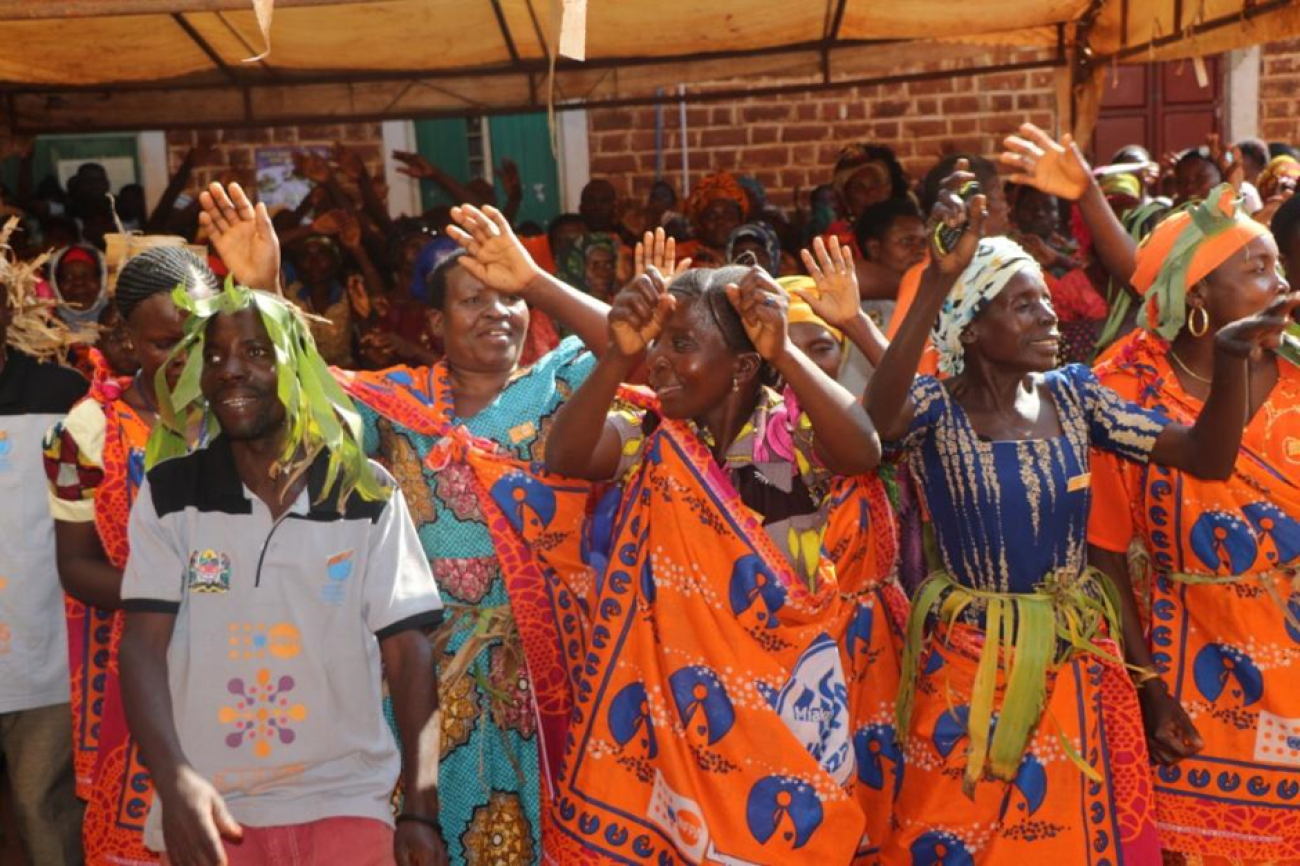For the 21 women who on average give birth each month in the dispensary’s catchment area motherhood is now safer, accelerating Tanzania’s progress.
Last month Mary had to travel 25 miles to deliver her baby at Kasulu District Hospital suffering from eclampsia she nearly didn’t survive the birth neither did her son. Mary’s friend, however, who is currently pregnant with her first child will not have to leave her home until shortly before she delivers she will be able to receive skilled care during birth at the newly constructed maternity ward at Muzye Dispensary.
The maternity ward at Muzye Dispensary in Kasulu District, Kigoma Region opened by District Commissioner for Kasulu District, Colonel Simon Anange, on 3 February now has three separate rooms, a nursing station, bathroom, and improved water system, and will be equipped to provide the full range of quality reproductive, maternal, newborn and child health (RMNCH) services.
The renovations are part of UNFPA’s ongoing support to the Government of Tanzania to prevent maternal and newborn deaths by increasing access to timely and skilled care during pregnancy and delivery, including emergency care when complications arise. For the 21 women who on average give birth each month in the dispensary’s catchment area motherhood is now safer, accelerating Tanzania’s progress towards national and global commitments.
UNFPA is upgrading health facilities and providing training to health staff in four districts of Kigoma as part of activities under the “Ujana Wangu Nguvu Yangu” My Youth, My Power project funded by the Government of Ireland. Muzye Dispensary was one of nine health facilities identified for renovations by UNFPA and regional and local government in 2018. Over the last year maternity wards have been built at six of these facilities and three are at an advanced stage of construction. All renovated facilities will be equipped to deliver quality antenatal, delivery, and postnatal services. In the second year of the Ujana project an additional 12 facilities will be renovated.
UNFPA is also capitalizing on the investment in infrastructure and equipment by supporting training for staff at the renovated health facilities to increase capacity for the provision of quality RMNCH services, including emergency obstetric and newborn care. And a campaign will be rolled out in the catchment area of facilities to generate awareness and demand for services.
UNFPA continues to support efforts to accelerate progress towards zero preventable maternal deaths by 2030, ensuring that no one is left behind in the implementation of national and global development goals in Tanzania.




